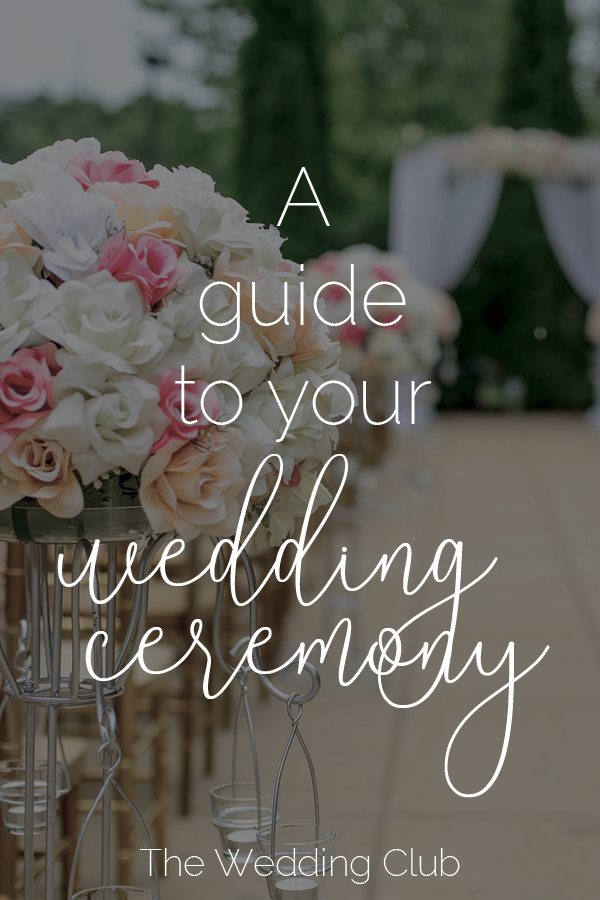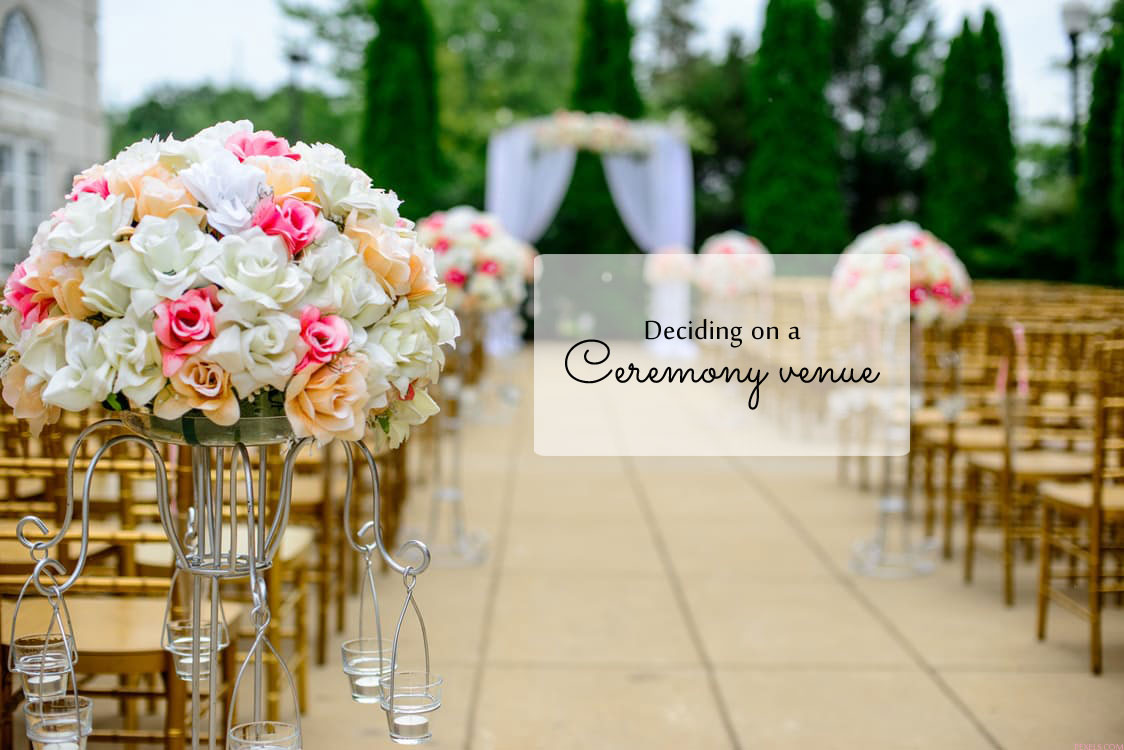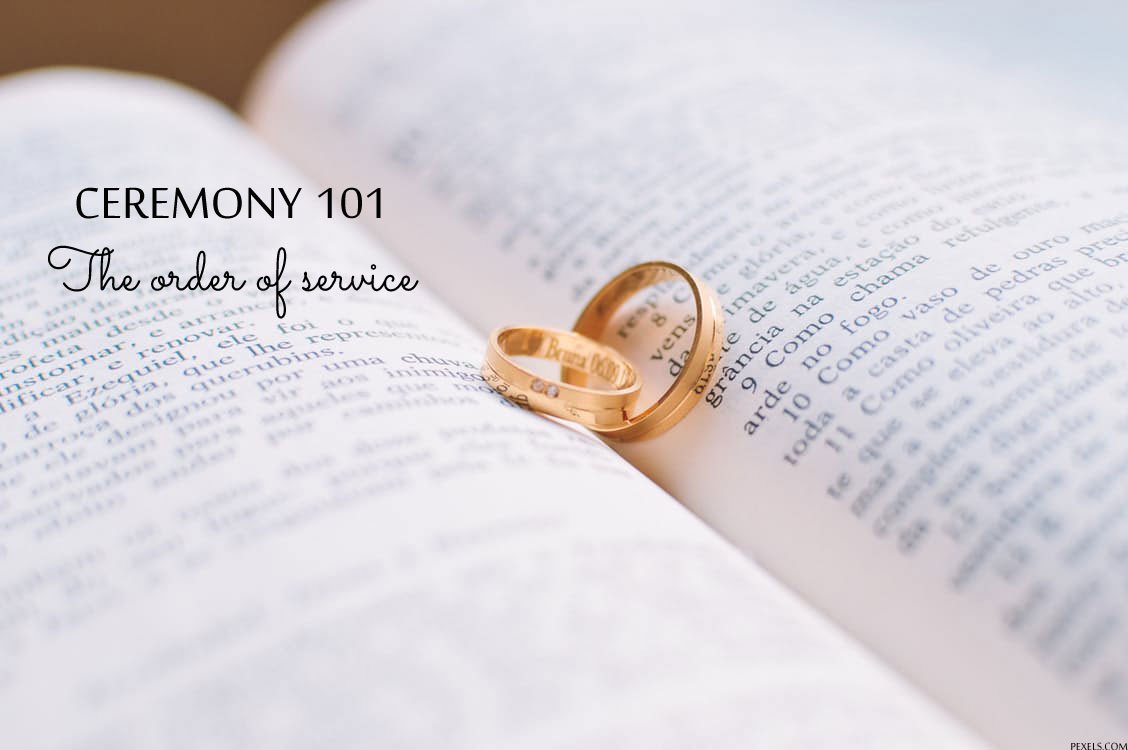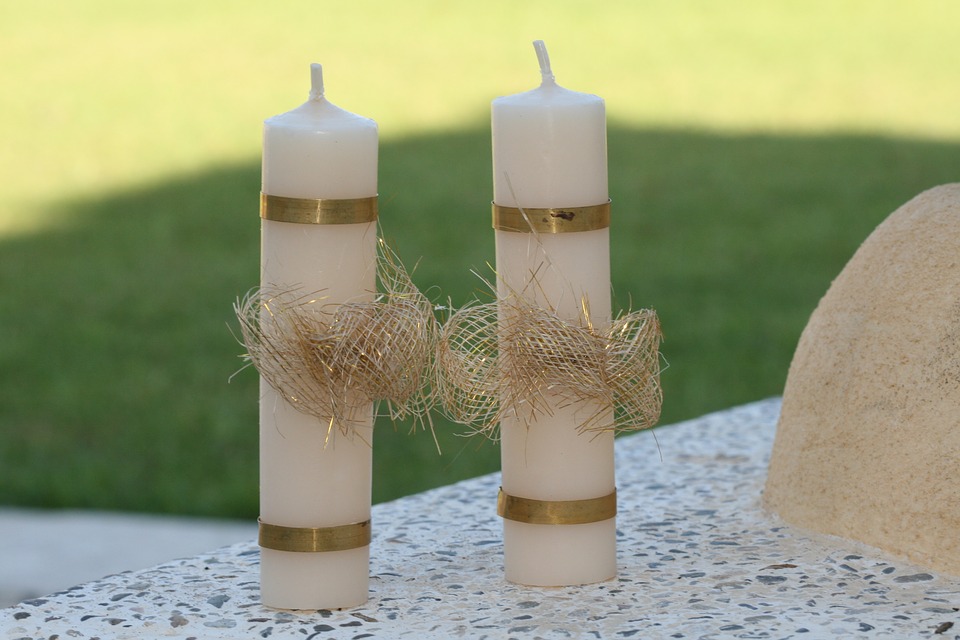 Ceremonies 101. This is where it all happens. The best photographic moments, the tears, the “I do”, the vows, the groom’s facial expression, the dress… But do we know how it all works? Organizing your wedding ceremony can be a daunting task, because this is where your guests will get the first look of your wedding. The expectations are there and you might want to go all out to impress everyone. You want every moment to be perfect and memorable…
Ceremonies 101. This is where it all happens. The best photographic moments, the tears, the “I do”, the vows, the groom’s facial expression, the dress… But do we know how it all works? Organizing your wedding ceremony can be a daunting task, because this is where your guests will get the first look of your wedding. The expectations are there and you might want to go all out to impress everyone. You want every moment to be perfect and memorable…
A Guide to Your Wedding Ceremony
Venue Ceremonial Areas
A well established venue (where you plan to have both the ceremony and the reception) will have an existing ceremonial area like a chapel available. If not, any indoor area or outdoor shelter/shading will suffice. A note on getting married outdoors: You will have to sign the register twice if you decide to sign it outdoors. According to South African law, to make sure a signed register is binding and legit, it is signed in an area with four walls and a roof. The officiant should discuss this with you.
Order of service
 It really is up to the bride whether or not programs should be printed for the ceremony. Traditionally, weddings have programs and the order of service as well as the reception schedule will be printed inside. Nowadays, most programs (if there are any) only has the order of service of the ceremony, song lyrics and the passage from which the officiant will read.
The schedule of the reception is no longer printed in the program (or it is printed without any times next to it), and, I hope you will do the same at your wedding. The reason: Imagine your groom’s grandmother coming to you, program in hand: “It says here we will cut the cake at 8:15 pm. It is already 8:45, dear.. When are we cutting the cake?” Save yourself from stressing and just don’t put it in. The only people who need printed schedules at your reception should be your suppliers.
An example of an order of service at your ceremony are as follows:
It really is up to the bride whether or not programs should be printed for the ceremony. Traditionally, weddings have programs and the order of service as well as the reception schedule will be printed inside. Nowadays, most programs (if there are any) only has the order of service of the ceremony, song lyrics and the passage from which the officiant will read.
The schedule of the reception is no longer printed in the program (or it is printed without any times next to it), and, I hope you will do the same at your wedding. The reason: Imagine your groom’s grandmother coming to you, program in hand: “It says here we will cut the cake at 8:15 pm. It is already 8:45, dear.. When are we cutting the cake?” Save yourself from stressing and just don’t put it in. The only people who need printed schedules at your reception should be your suppliers.
An example of an order of service at your ceremony are as follows:
- The Processional
- Welcoming
- Readings
- Wedding song/s
- Scripture/s (and optional sermon)
- Vows
- Rings
- Blessings
- Presentation of the Bride and Groom
- Recessional
Also Read:
- How to keep the mothers of the bride and groom happy
- How to be prepared for anything that could go wrong on your wedding day
- Warning! How to spot the wrong wedding planner + free printable
Ceremonial Music
 Wedding music is an important part of any wedding. Can you imagine how awkward a wedding without any music will be? Just like reception music for dancing is important, so is music at the ceremony.
You will need background music for when guests arrive and while they wait (you can also hire musicians for this). You also need a bridal entrance and exit song. The most popular entrance song is “Here Comes The Bride,” or its official name, the “Bridal Chorus,” by Richard Wagner. But, since we are now in post-modern times, couples have decided on so many other songs for their wedding ceremony.
Wedding music is an important part of any wedding. Can you imagine how awkward a wedding without any music will be? Just like reception music for dancing is important, so is music at the ceremony.
You will need background music for when guests arrive and while they wait (you can also hire musicians for this). You also need a bridal entrance and exit song. The most popular entrance song is “Here Comes The Bride,” or its official name, the “Bridal Chorus,” by Richard Wagner. But, since we are now in post-modern times, couples have decided on so many other songs for their wedding ceremony.
The Processional Order
Who walks when? Who enters the church/ceremonial area first? Here’s a suggested processional order:- The Groom’s parents – The MOG (Mother of the groom) may be escorted in by the groom himself or the best man.
- Bride’s parents – The MOB may be escorted in by groom or best man, or by the father of the bride. He then has to return to the bride to escort her in.
- The pastor/priest/officiant – sometimes he/she will enter the ceremonial area before everone else, to prepare his/her sermon and to view the area if it his/her first time at that venue.
- The groom, best man and groomsmen – they then sit at the front row and wait for others to enter the ceremonial area.
- The bridesmaid and maid/matron of honour – sometimes the maid/matron of honour will walk behind the bride to carry the train of her dress.
- Children attendants/flower girls/ring bearer – they may also enter before the bridesmaids and maid/matron of honor.
- And finally, the Bride and her father
- The bride and groom – or they might exit last.
- Children attendants, unless they are already sitting with their parents at that time, in which case they will exit with all the other guests.
- The best man and maid/matron of honor.
- The rest of the bridal party, in pairs of one male and one female. So the bridesmaids will each exit with a groomsman on their side.
- Followed by the mother and father of the bride and then the groom’s parents.
Also Read:
- How to set up a wedding budget + free printable
- The complete guide to wedding binder printables
- 7 Mistakes to avoid when you go wedding dress shopping
The Unity Candle


by Tanya Guilfoyle
Born in Johannesburg, South Africa, Tanya has been an active contributor and planner in the wedding industry since 2016. When not writing useful content for brides and wedding professionals, she can be found designing templates for her Etsy shop, TWCprintables.


